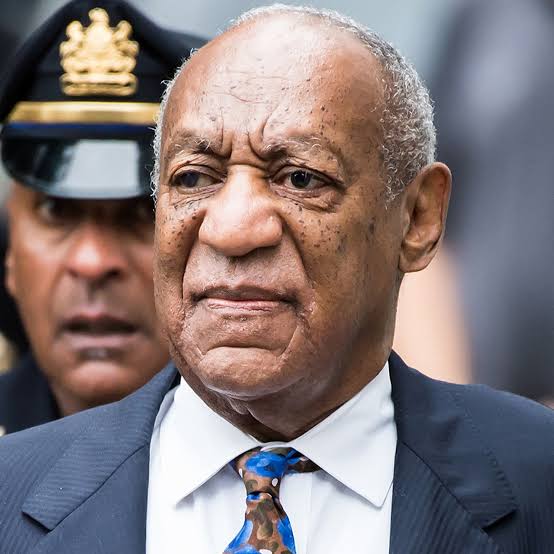Bill Cosby, who was convicted in 2018 of sexually assaulting a woman, plans to start touring next year.
The news comes just weeks after five women filed another sexual assault lawsuit against the 85-year-old comedian.
Cosby’s publicist and crisis manager, Andrew Wyatt, told NPR on Thursday that the tour is tentatively scheduled to occur ‘roughly around spring, summer or late summer’ of 2023.
‘We have so many — I mean, hundreds of thousands of supporters just asking for him to do a show,’ Wyatt said.
‘We have so many promoters across the country. He is in high demand.’
Nearly 60 women originally came forward to accuse Cosby of sexually assaulting them in recent years, following the #MeToo movement.

The national movement — which sought to hold abusers in the entertainment industry accountable for sexual harassment and assault — led to a sexual assault trial against Cosby.
In 2018, a Pennsylvania jury found Cosby guilty of three counts of aggravated indecent assault for drugging and sexually violating a woman in his Cheltenham, Pa., home in 2004.

Earlier this month, five women — including two actors from The Cosby Show — filed a sexual assault lawsuit against Cosby using a new New York law, known as the Adult Survivors Act, which lets victims sue abusers even after the statute of limitations expires.
Wyatt told NPR that he does not think the pending lawsuit will affect Cosby’s planned tour.
‘People have looked at the allegations, they’ve looked at the information, and it’s a money grab,’ Wyatt said.
New York Gov. Kathy Hochul signed the Adult Survivors Act in May, creating a yearlong window for adult victims to sue their abusers for sexual assault, regardless of when the assault occurred.
In 2019, the state enacted the Child Victims Act, a similar law for child sexual assault victims.
‘The fight against sexual assault requires us to recognize the impact of trauma within our justice system,’ Hochul said, after signing the Adult Survivors Act into law.
‘I am proud to sign this legislation, which is part of our collective responsibility to protect one another and create an environment that makes survivors feel safe.’












